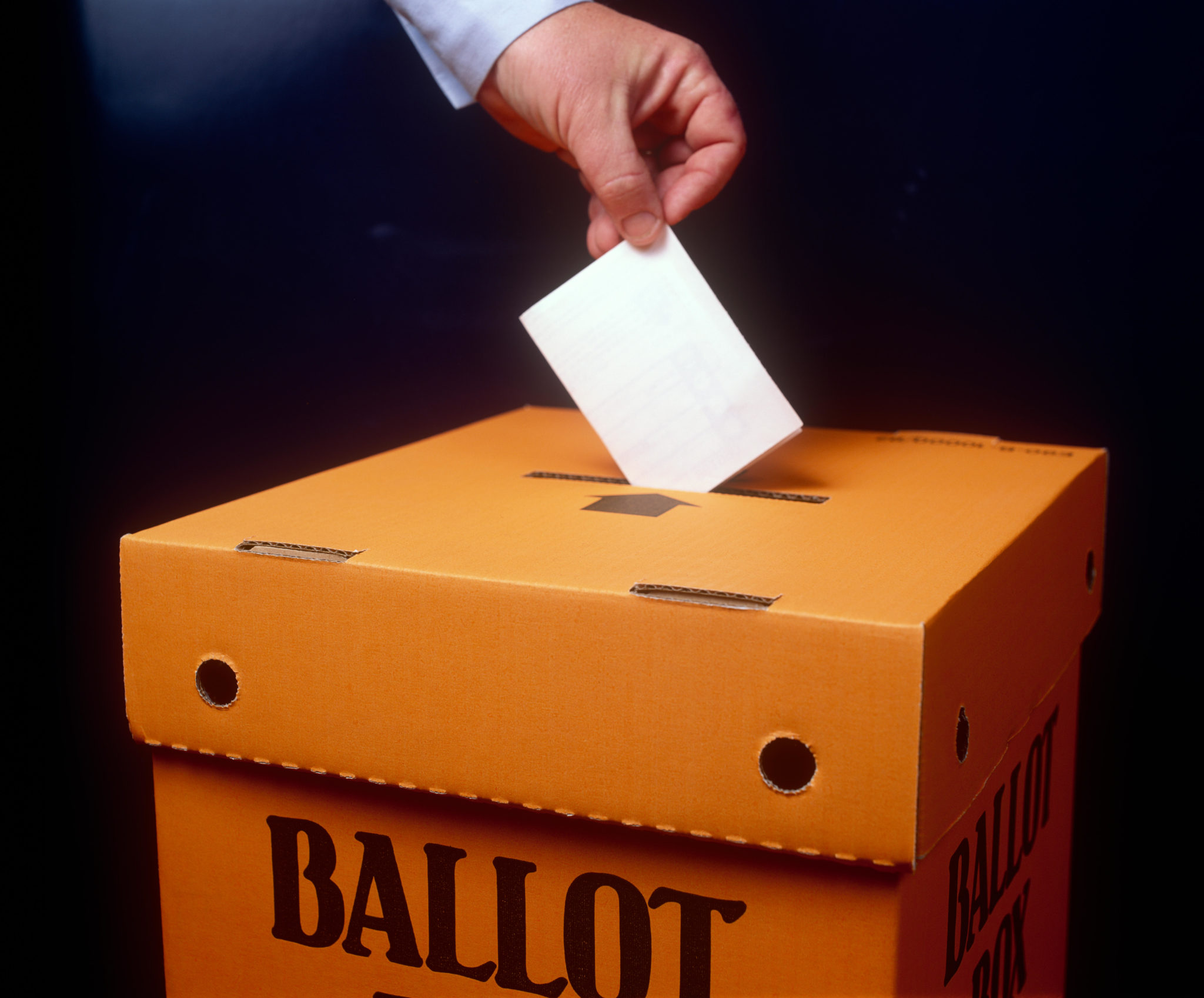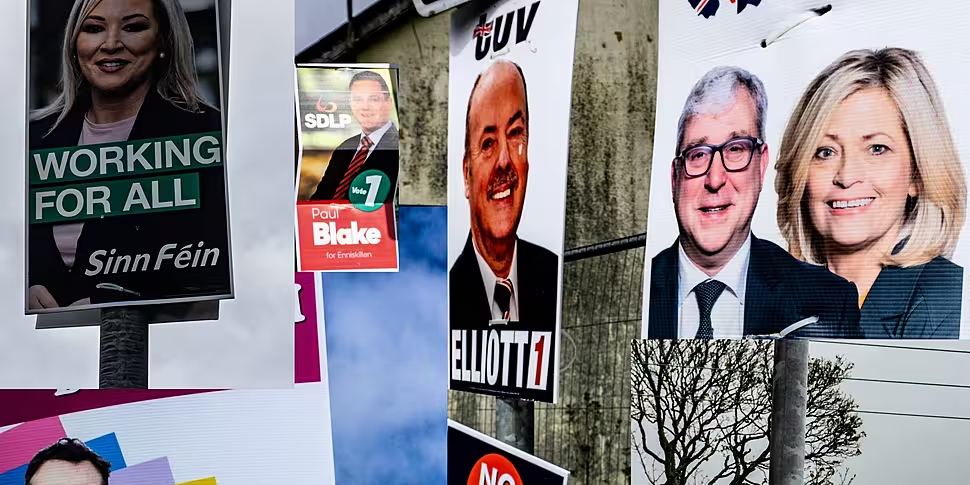With the Northern Ireland Assembly not sitting, this election hopes to build a 'functional Government', according to a Belfast Telegraph journalist.
Today’s local elections in Northern Ireland will cover a wide scope of positions, with voters deciding who will represent them in the 11 councils via the single transferable vote system.
A total of 807 candidates are competing for 462 seats in council chambers across Northern Ireland.
Speaking to The Pat Kenny Show, The Belfast Telegraph Crime Correspondent and columnist Allison Morris said it has been a “low-key election campaign in terms of what we've heard from the political parties.”
“A very different council election [than] the ones I've covered in previous times and not a lot of people are talking about actual council issues, it's bigger ticket issues,” she said.
‘Protest election’
In terms of province-wide politics, Ms Morris said the election is “almost like a protest election.”
“The DUP has collapsed [and] the executive – we don't have any functional governments, the government that actually does deal with the budgets and health and education isn’t functioning,” she said.
“Rather than people voting for those kinds of issues, it will probably come down to that sort of protest vote.
“The DUP will be looking to try and get a mandate for their position on the Windsor framework and not going back in and so they'll be hoping not to gain any [seats].
“They’re trying to consolidate their vote and keep what council seats they have, Sinn Féin is hoping to make gains and that will be done at the expense of the SDLP.”
 FYYB8Y Voting paper being placed into a Ballot box, inside.
FYYB8Y Voting paper being placed into a Ballot box, inside.‘The middle ground’
Ms Morris said the growth of the “middle ground” is an important factor in today’s elections.
“What we're always watching every election … is the growth of what we call the middle ground – people who are neither strongly Unionist nor Nationalist, people who identify themselves rather than British or Irish as Northern Irish,” she said.
“That’s The Alliance party, we have seen the Ulster Unionist Party try and pick up those votes by going to a more moderate kind of politics.
“They haven't really managed to sort of capture that small Unionist vote, a lot of that seems to be going to The Alliance, who are trying to make massive gains in this council run.
“Then they will be the third largest party which will give us three really distinctive blocks – we will become a three-party state.”
 The Stormont parliament building in Belfast, Northern Ireland in August 2021. Picture by: Malcolm Walker / Alamy Stock Photo
The Stormont parliament building in Belfast, Northern Ireland in August 2021. Picture by: Malcolm Walker / Alamy Stock PhotoBelfast
The changing demographics of Belfast City will likely have an impact on the election results, according to Ms Morris.
“People who've come and made this place their home would tend to congregate around Belfast because that's where the employment is and so we've seen a massive change,” she said.
“The last council election, Unionists lost their majority and there's now no particular designation that has a majority of Belfast City Council.
“So, the Unionist parties or the Nationalist parties couldn't have voted through a motion by themselves, they require The Alliance who sit in the middle to assist them.
“[Sinn Féin] will be trying to get that majority even if it's only just a very small majority, which would mean that they would control Belfast City Council.
"In the past, the DUP and the Ulster Unionist Party would have had enough counsellors that they didn't require the assistance of other parties, but that's not really the case at all anymore.
“As our demographic changes, people's voting patterns change, and there isn't just one massive majority.”









